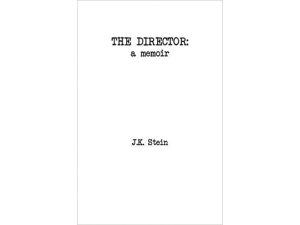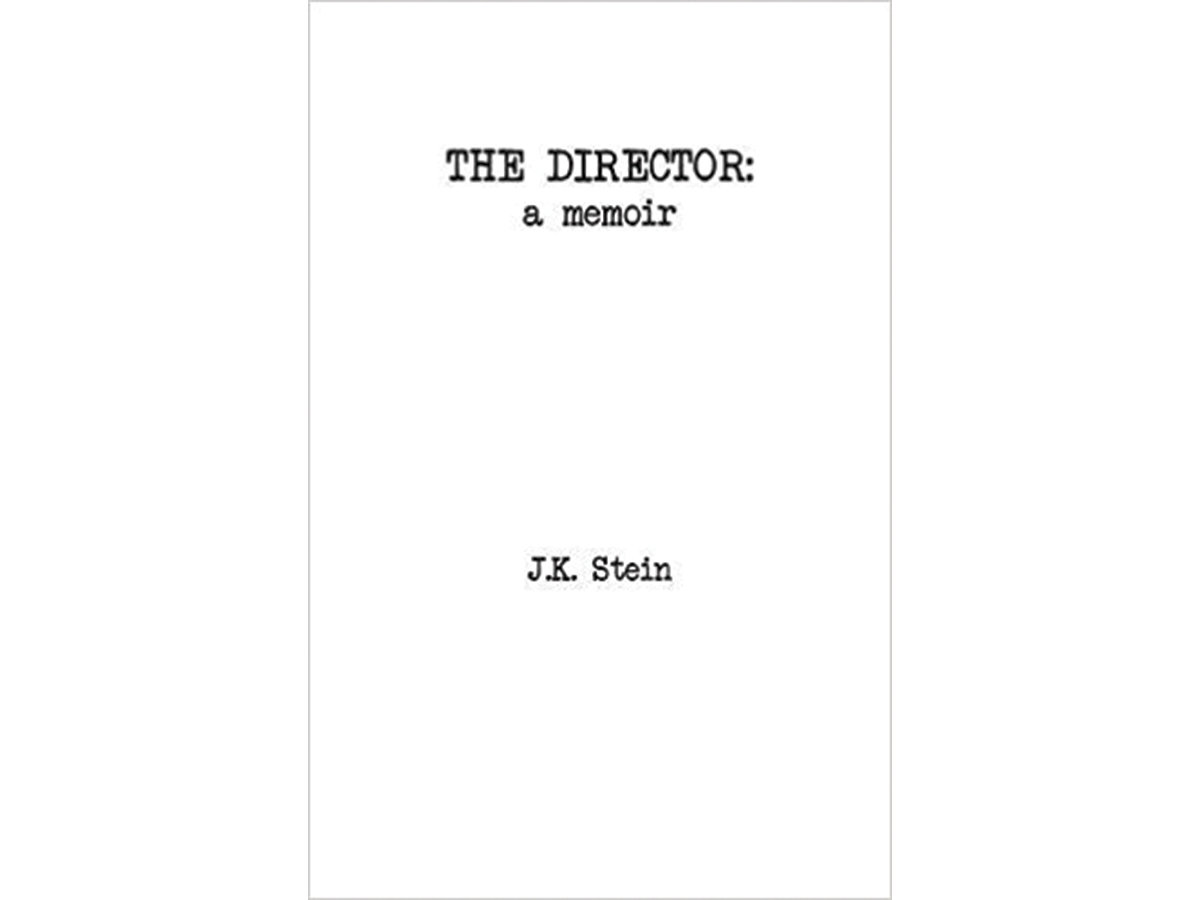
The frequency of sexual assault allegations in this post-Weinstein, #MeToo era slowly desensitizes us to the vile underbelly of rape culture that permeates the entertainment industry. It’s not a problem exclusive to Hollywood, though … or the music business or athletic circles or college campuses or tech work spaces: If it was exclusive to any combination of these spaces, this conversation would likely not have elevated to the level of prominence it has achieved since the allegations against Harvey Weinstein exploded in late 2017. To pin the core of the issue without hyperbole, it’s more accurate to describe these cycles of abuse as systemic issue plaguing all avenues of social relations both domestic and international. “The Director: A Memoir” is not an analysis of global patriarchal structures that sustain the Weinsteins of the world, but offers a personal glimpse into the nebulous construct of abuse that anchors them.
J.K. Stein’s decision to publish her journal entries — written throughout the course of a five-year long abusive relationship with a prolific Hollywood director — was in direct response to recent conversations surrounding sexual assault. At 22, Stein was approached by a man who she refers to only as The Director. Allured by the promise of starring in his upcoming film, she endures a relationship with him that crosses professional boundaries and descends into psychological and emotional abuse. The Director never physically assaulted her, but her words leave little room for doubt that what she experienced was a form of exploitation and abuse from one of the most depraved men in the film industry.
In the first few chapters of the book, it can be enticing to follow the crumb trail of clues Stein leaves as to the identity of The Director — perhaps I don’t speak only for myself in saying his identity is something I want to be privy to. After all, we want to sympathize with victims of abuse lest we perpetuate victim-blaming and allowing abusers to live their lives sans consequences. And she makes it abundantly clear who this man is without directly telling us, but that’s far from the point of her book. The Director may or may not have allegations in the triple-digits and may or may not currently be a well-known morally corrupt filmmaker, but he certainly is emblematic of bigger, systemic issues that we are often blind to.
Much of the impact of Stein’s memoir for readers lies in her analysis of consent as more complicated than a simple binary of “yes” and “no,” and the interactions between structures of power and personal issues. It’s especially powerful when comparing her words during the years of abuse and her reflections after the fact. For as disgusted as Stein admits to being in every encounter with The Director (their “meetings” often involved her performing sexual acts to “inspire” the aging filmmaker, in hopes of speeding up the writing process), there are always several other elements at play that upheld her relationship with him. A paycheck and, more importantly, a career in film acting initially pushed things beyond the first encounter, but the blurred lines that we collectively discuss when talking about abuse come into the foray very soon.
“Everything The Director had been saying about me was his wish rather than his reality,” she says. Psychoanalytic babble, the two’s shared Jewish backgrounds and his cruel exploitation of Stein’s eating disorder and subsequent personal battles all contributed to the power he had over her. And, it’s not something completely unlike relationships outside of Hollywood. She sketches the through lines in ways that have the power to resonate with readers regardless of their situation. Abuse comes in many forms, and she guides readers to its many forms in a revelatory, unpresumptuous way.
“The Director: A Memoir” pulls with its premise of exposure of another Hollywood abuser, but Stein’s personal exploration of consent and self-discovery in a world where bodies are too often taken advantage of by those in power. It’s a necessary read for any and all interested in a victim’s reasons either to abstain from alleging abuse and assault, and a balm for those privy to the pains of such dynamics.








